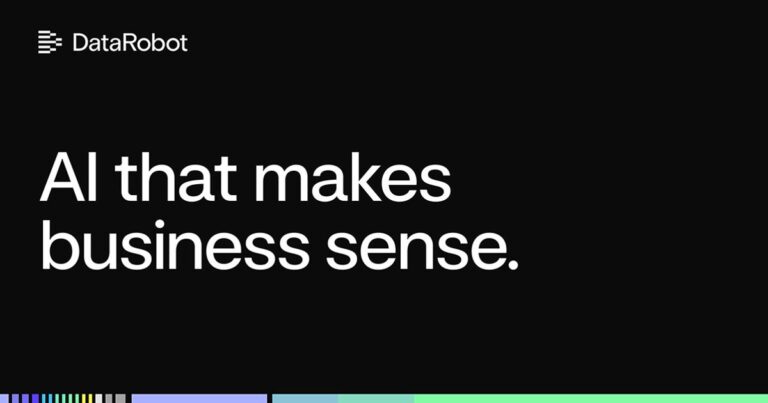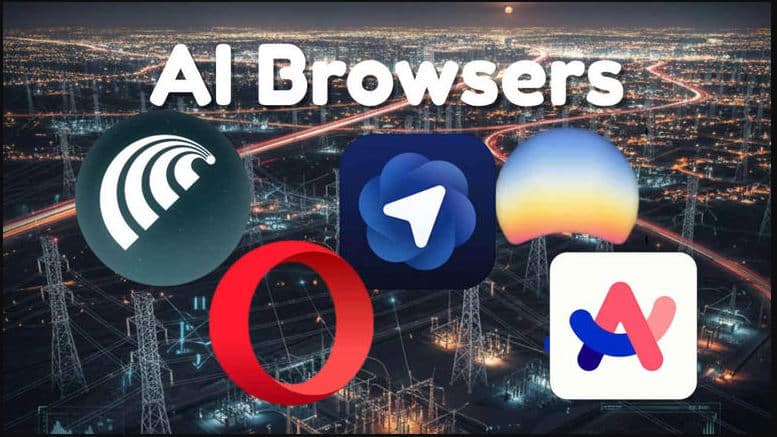AI Tools for Generating Code Snippets: Revolutionizing Software Development
In recent years, the integration of Artificial Intelligence (AI) into software development has sparked a paradigm shift, empowering developers with tools that can generate code snippets with remarkable efficiency. AI-powered code generation tools are transforming how developers write, debug, and optimize code, bridging the gap between human creativity and machine precision. This article explores the rise of these tools, their underlying mechanisms, benefits, challenges, and their potential to reshape the future of programming.
What Are AI Code Generation Tools?
AI code generation tools leverage machine learning (ML) and natural language processing (NLP) to analyze user input—such as natural language descriptions, pseudocode, or partial code—and generate functional code snippets. These tools are trained on vast repositories of open-source code, enabling them to understand programming patterns, syntax, and best practices across multiple languages. By interpreting human intent, they produce code that aligns with the user’s requirements, often with minimal input.
How Do They Work?
At their core, these tools rely on large language models (LLMs) like GPT-4, Codex, or specialized frameworks such as Google’s Codey. The process typically involves the following steps:
- Input Interpretation: The user provides a natural language prompt (e.g., "Sort an array using quicksort in Python") or a partial code snippet.
- Context Analysis: The AI analyzes the input, identifying the programming language, desired functionality, and contextual constraints.
- Code Generation: Using its training data, the model generates a code snippet that fulfills the request, often with multiple options for the user to choose from.
- Refinement: Some tools allow for iterative refinement, where developers can ask the AI to adjust or optimize the generated code.
This process is powered by deep learning algorithms that recognize patterns in code, enabling the AI to produce accurate and contextually relevant results.
Benefits of AI-Generated Code Snippets
-
Enhanced Productivity:
Developers can save time by automating repetitive tasks, such as writing boilerplate code or implementing standard algorithms. For example, generating a REST API endpoint or a database query can be accomplished in seconds. -
Learning Aid:
Novice programmers can use these tools to understand best practices, learn new languages, or explore solutions to problems they might not know how to approach. -
Cross-Language Support:
Many tools support multiple programming languages (e.g., Python, JavaScript, Java), allowing developers to switch contexts seamlessly. -
Error Reduction:
By generating syntactically correct code, AI tools reduce the likelihood of common errors, though human oversight remains critical. -
Accessibility:
Non-developers or domain experts can leverage these tools to prototype ideas without deep coding knowledge, democratizing software development.
Popular AI Code Generation Tools
-
GitHub Copilot:
Developed by GitHub and OpenAI, Copilot integrates directly into Visual Studio Code, offering real-time code suggestions as developers type. It supports over 100 languages and is praised for its contextual understanding. -
Amazon CodeWhisperer:
Amazon’s tool uses the company’s AI models to generate secure, high-quality code snippets. It emphasizes security best practices and is tightly integrated with AWS services. -
Google’s Codey:
Part of Google’s AI research, Codey focuses on generating code for tasks like data analysis and machine learning, leveraging the company’s expertise in large-scale models. -
Tabnine:
A popular AI code assistant that works with multiple IDEs and supports a wide range of languages. Its collaborative features allow teams to share and refine code snippets. -
DeepCode:
Specializes in identifying potential bugs and vulnerabilities in code, offering suggestions for improvement alongside snippet generation.
Challenges and Limitations
While AI code generation tools offer significant advantages, they are not without challenges:
-
Code Quality and Security:
Generated code may not always adhere to best practices or security standards. For instance, a snippet might lack proper error handling or contain vulnerabilities. -
Over-Reliance Risk:
Developers may become overly dependent on these tools, potentially weakening their problem-solving skills or understanding of underlying concepts. -
Ethical and Bias Concerns:
Training data sourced from open-source projects may inadvertently encode biases or outdated practices, leading to suboptimal or controversial code. -
Contextual Limitations:
AI tools may struggle with highly complex or abstract problems that require deep domain knowledge or creative thinking beyond pattern recognition.
The Future of AI in Code Generation
The future of AI-driven code generation is promising, with several trends shaping its evolution:
- Improved Contextual Understanding: Future models will likely better grasp complex requirements, such as system architecture or user experience considerations.
- Integration with Development Workflows: Tools will become more deeply embedded in IDEs and continuous integration pipelines, offering real-time collaboration and automation.
- Specialized Models: We may see AI tools tailored to specific domains, such as cybersecurity, healthcare, or IoT, with domain-specific knowledge embedded in their training data.
- Ethical AI Development: As awareness grows, developers and organizations will prioritize transparency, fairness, and security in AI-generated code.
Conclusion
AI tools for generating code snippets are no longer a futuristic concept but a reality that is reshaping software development. By automating routine tasks, enhancing learning, and enabling collaboration between humans and machines, these tools are empowering developers to focus on innovation rather than repetition. However, their effective use requires a balanced approach—leveraging AI as a supplement to human expertise, not a replacement. As the technology matures, it holds the potential to democratize coding, accelerate development cycles, and unlock new possibilities in the ever-evolving world of software engineering.
In the hands of skilled developers, AI-generated code is not just a convenience but a catalyst for progress.







